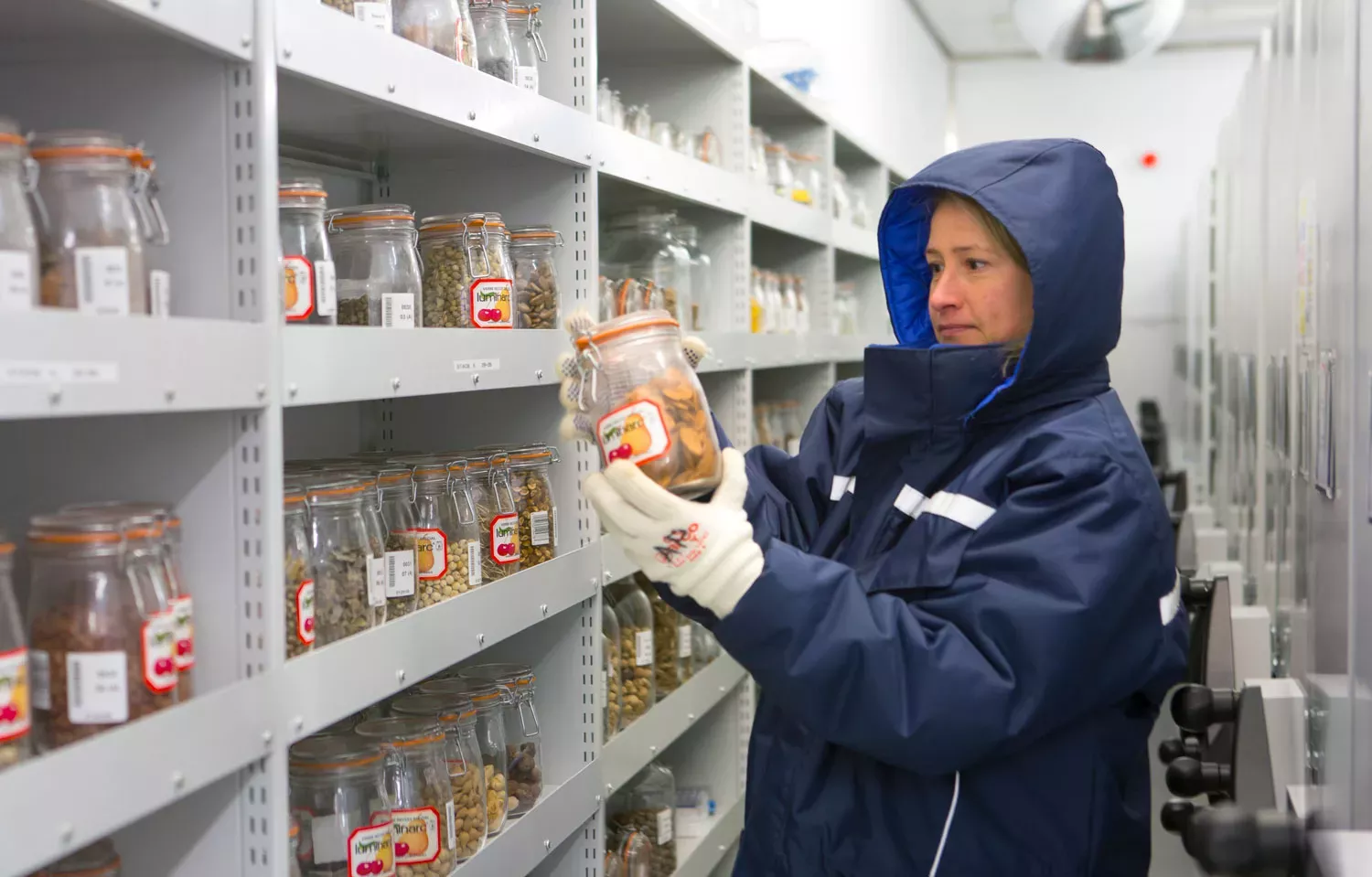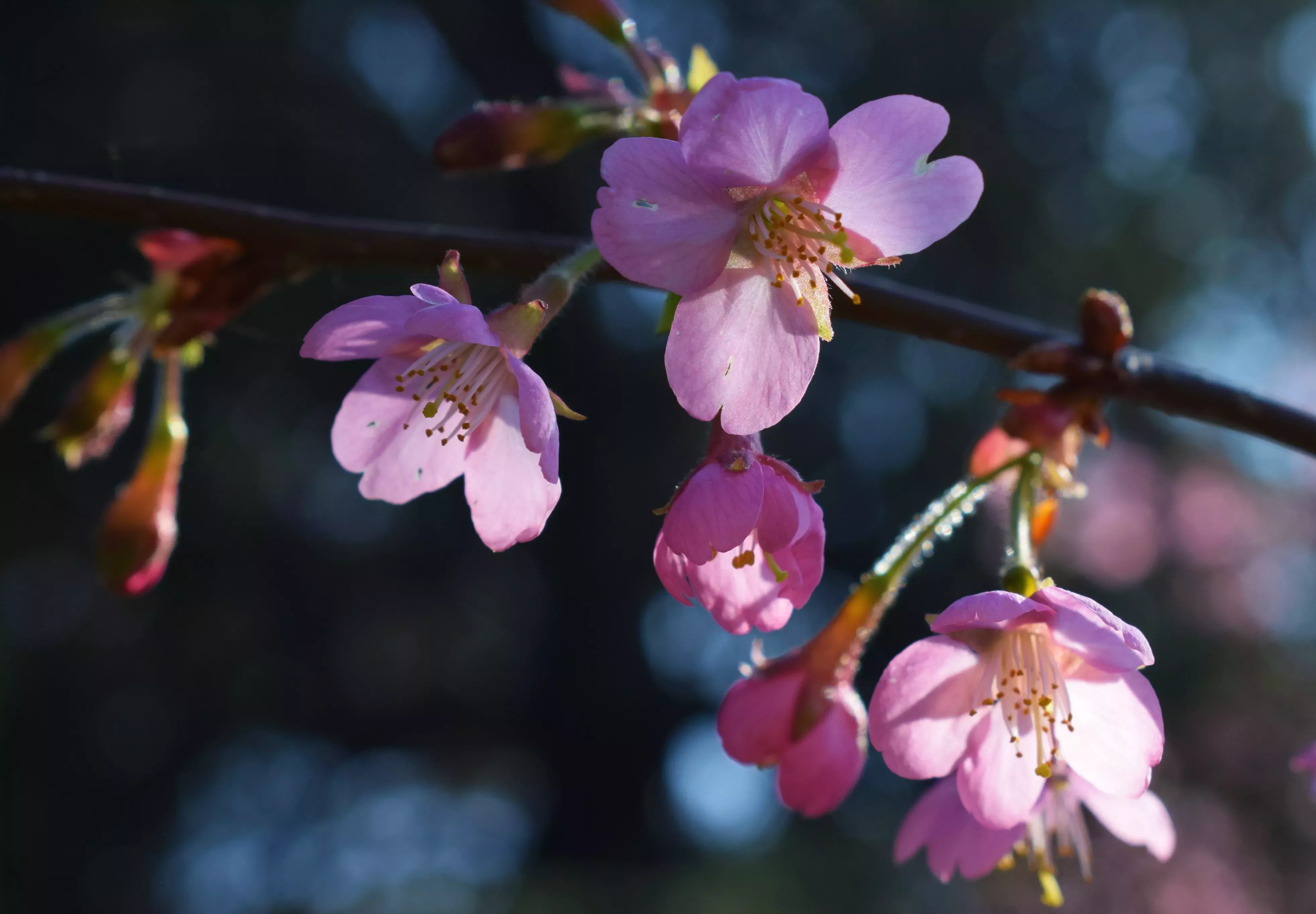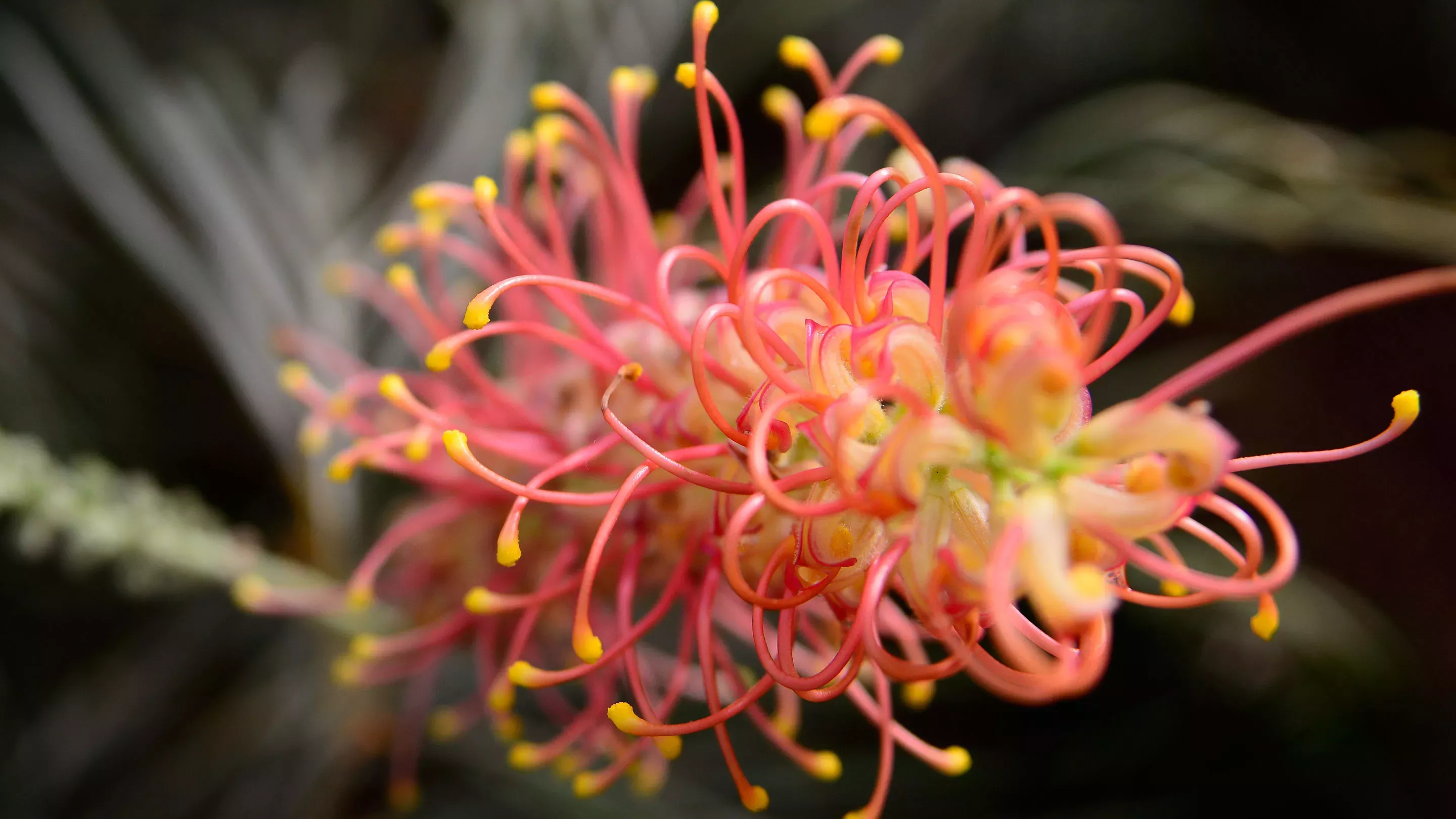6 April 2020
Keeping sight of this environmental ‘Super Year’
We cannot afford to lose hope and promise, explains our Director Richard Deverell.

Postponing the international conferences COP15 and COP26 - in which governments worldwide were to gather and determine new global targets on biodiversity and climate change later this year - is, clearly, the right step to take when the world is grappling with a pandemic like coronavirus.
But we should not let the momentum of what was hailed by the British government as a 'Super Year' for the environment be lost.
The challenge of the biodiversity and climate crises will still be there when the COVID-19 restrictions are lifted; the ambition of COP15 and COP26 must be carried forward and built upon in 2021.
There has been much talk of nature as the bridge between the biodiversity and climate crises and of nature-based solutions, such as forestation, peatland restoration, protection of mangroves, as providing solutions to the challenges we face today, as well as human wellbeing and development.
We are in an age of extinction and at the point where irreversible environmental damage could be wrought.
We cannot afford to lose pace nor focus.

2020 embodied the nexus between nature, climate and sustainable development. It offered hope and promise.
Right now, it can be hard not to be despondent. The year opened to huge fanfare – on the back of growing pressure for concerted, urgent action and with a suite of international conferences set to refocus global commitment on these key issues.
Events might not be going as planned. But there are, nevertheless, shoots of optimism - we may see greater appreciation for nature after the lockdowns in many countries around the world.
People – from China to Spain, from 5 year olds to 85 year olds - are missing what they did not know they would miss until they could not have it: craving open spaces; realising the wellbeing and health benefits of accessing nature; and in many countries, missing the blossoming of Spring.
Will this be the year we collectively stop taking the planet for granted, degrading and exploiting its resources? Will we now, also, realise how vulnerable a species we humans, actually, are?
Some improvements in pollution levels have been seen in countries with restricted movements of people and shutdown of factories and businesses.
Will we be able to balance our need for these to reopen and our desire to travel while reducing the footprint of these kinds of activities?
Communities are coming together to support each other – even in large metropolises like London, which are so often perceived as hostile and cold.
Can we harness this spirit to look out for those further from home and for the planet that supports us all when coronavirus becomes a distant memory?

I hope that through our experience of this pandemic, we will learn that it is far better to pre-empt a global problem when we see it on the horizon, rather than having to deal with it when it engulfs us.
This is a lesson that we should pay heed, and listen, to the experts.
At the end of the year, we will still have a decade to deliver the Sustainable Development Goals, and the Biodiversity and Climate Change COPs – along with other key international meetings - will soon be rescheduled.
Critically, there is a window of opportunity opening to ensure the economic recovery plans that countries adopt as they emerge from this crisis are steadfastly ‘green’.
Long-term investment and sustainable economic growth plans should drive climate projects and environmental change.
We need nature more than ever, as a solution, as a resource, for respite and for life on earth.
Looked at through a different lens, if the opportunities emerging from this pandemic are seized, 2020 could set the path for an even more fruitful 2021 ‘Super Year’.
